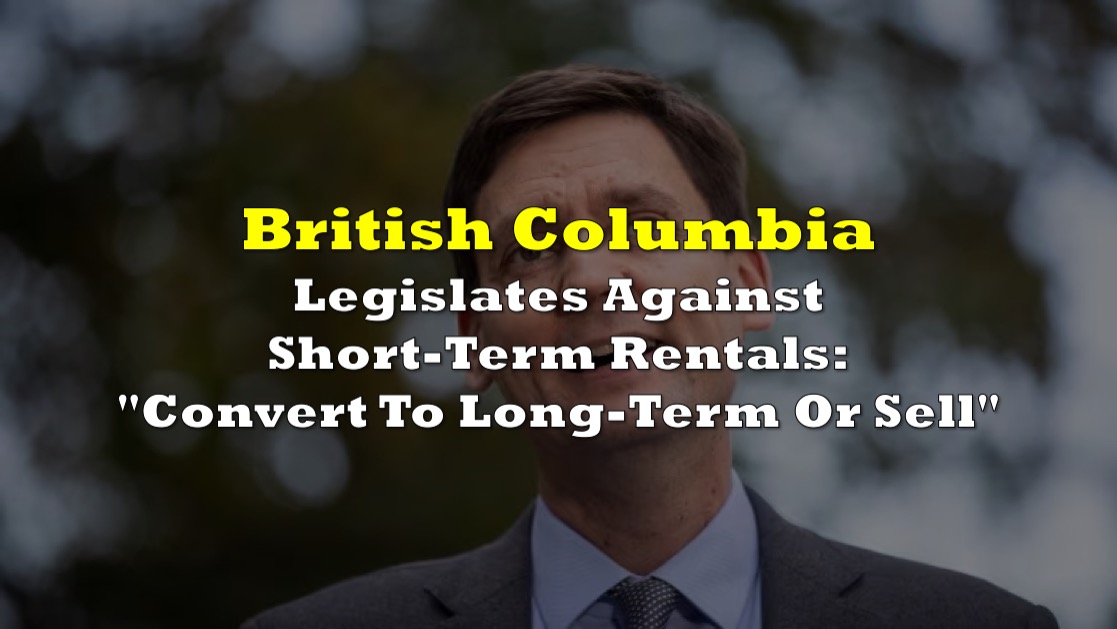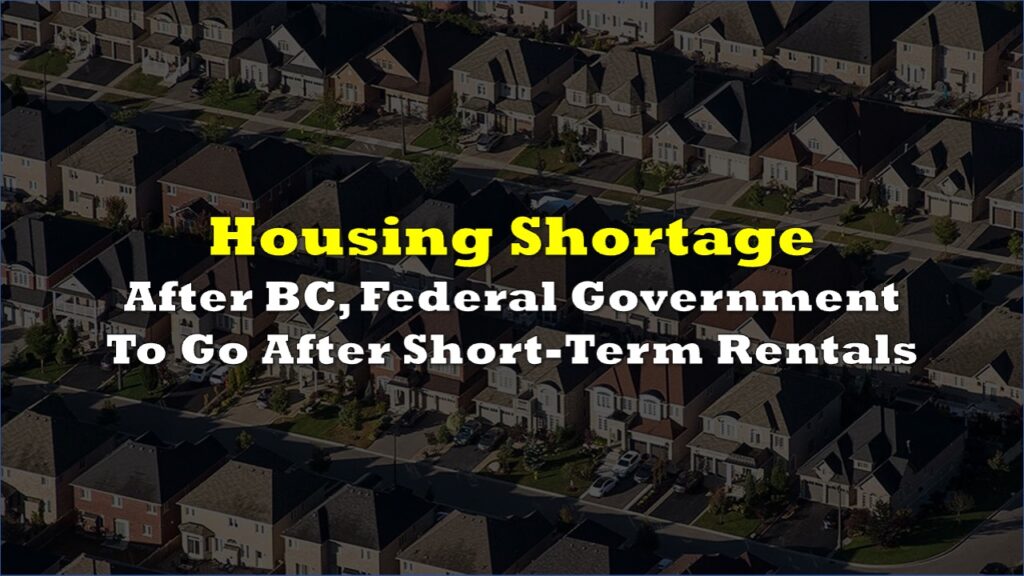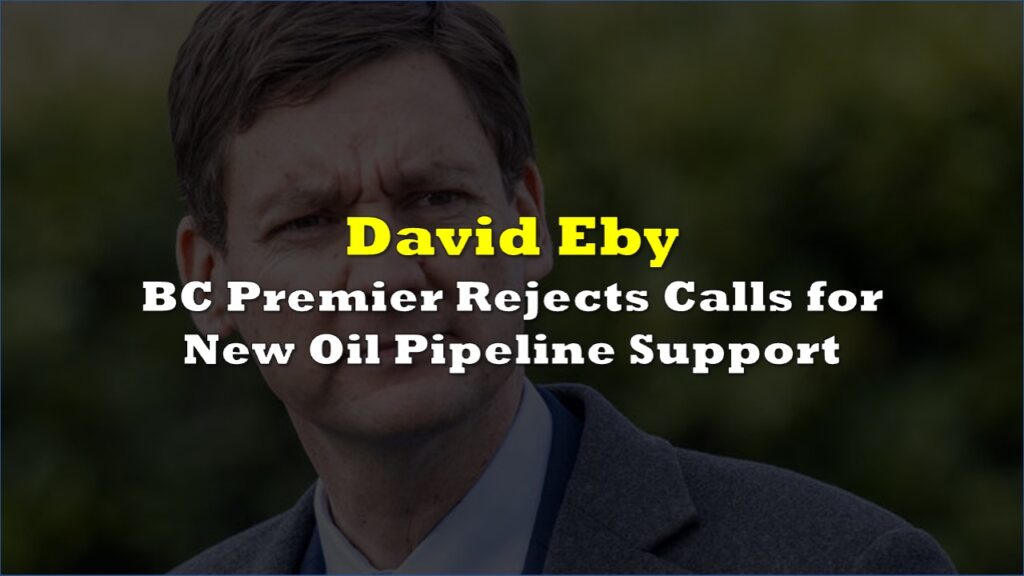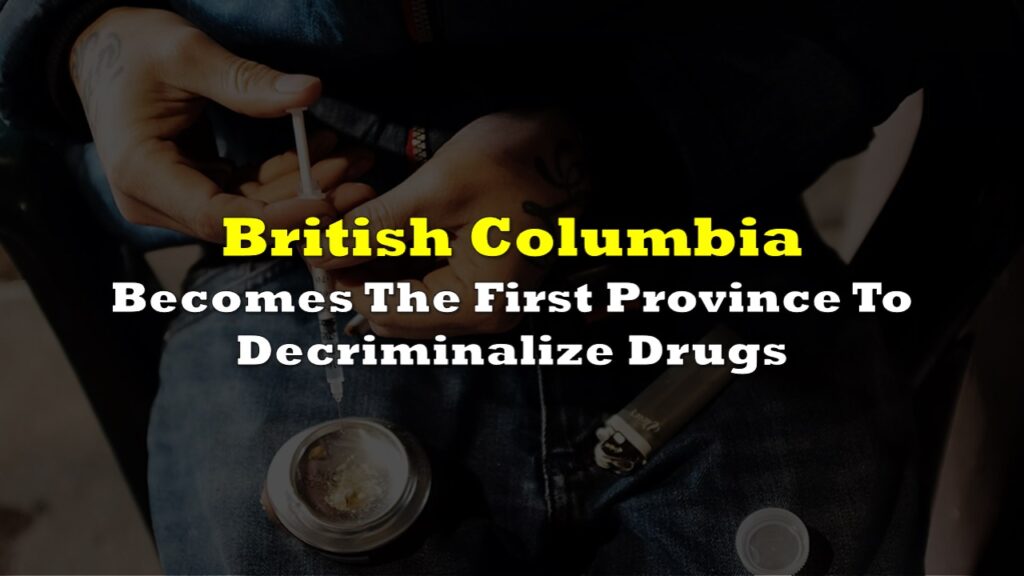British Columbia’s new legislation regarding short-term rentals is set to implement stricter measures, significantly increasing fines for rule-breaking hosts and introducing new requirements for operators with the goal of bringing more units into the long-term housing market. Premier David Eby and Housing Minister Ravi Kahlon unveiled the Short-Term Accommodations Act on Monday.
“There is no question, in British Columbia short-term rentals have gotten out of control,” Eby said at a conference. “Thousands of homes that used to be available to buy or rent are now off the market and people who are looking for a decent place to live are struggling more than ever.”
We’ve seen a dramatic rise in short-term rentals across BC. We’re also seeing investors buy up homes just to put them on short-term rental sites, taking away housing for people. We’re cracking down on this and taking unprecedented action to open up more housing people can afford. pic.twitter.com/9elvMXQeDf
— David Eby (@Dave_Eby) October 16, 2023
The province of British Columbia currently hosts approximately 28,000 short-term rentals across its communities. Significantly, a considerable portion of these rentals is managed by for-profit operators rather than individuals renting out their primary residences or vacation properties. Moreover, up to half of these rentals are operating in violation of existing municipal bylaws, according to the province.
To combat these abuses in the short-term rental market, Eby explained that the new legislation introduces several critical changes. Firstly, fines for illegal operators will triple, jumping from $1,000 per infraction per day to $3,000. Additionally, regional districts, which previously lacked authority over business regulation, will be empowered to license and regulate short-term rentals.

By May 2024, the legislation will implement a principal residence requirement for short-term rentals, permitting homeowners to rent out their primary residence for the majority of the year. Renting out one secondary suite within a principal residence will also be allowed. However, this rule will not apply to resort municipalities such as Whistler, Tofino, and Osoyoos. Cities with a vacancy rate exceeding 3%, considered a healthy rate, can seek exemptions from this requirement.
Another vital change set to begin in May 2024 is the requirement for municipal business license numbers to be displayed on rental listings hosted on platforms like Airbnb and VRBO. Listings lacking this information will be subject to removal.
By the summer of 2024, short-term rental platforms will be compelled to share data with the province, including information about their hosts. This data will be shared with local governments to promote more cohesive regulation and enforcement of provincial rules, with the assurance that no private information will be disclosed publicly.
By the end of 2024, a provincial registry will be established. Short-term rental operators will be mandated to register, and non-compliant listings will be removed from platforms. This registration requirement will be complemented by a provincial compliance and enforcement team.
“As the number of short-term rental listings continues to rise in B.C. people are paying the price. Rents are through the roof and people can’t find an affordable place to live,” Kahlon emphasized. “That’s why we’re taking action here today. This is a big piece of legislation.”
A recent study revealed that short-term rentals in British Columbia were driving up long-term housing prices by as much as 20% across various communities in the province, underscoring the necessity of a province-wide approach to regulation.
Eby and Kahlon clarified that this legislation sets a minimum standard, and municipalities and regional districts can enact stricter penalties or additional rules as needed. Even exempt jurisdictions can opt-in if they so choose.
“Convert to long-term rental or sell your units” -Premier David Eby advice to owners with multiple units in short term/vacation rental market in light of legislation introduced today.
— VaughnPalmer (@VaughnPalmer) October 16, 2023
The legislation’s overarching goal, according to the province, is not to penalize or discourage individuals who use short-term rentals for holidays or to earn extra income. Instead, it primarily targets those who exploit the system for substantial profit, depriving people of much-needed housing.
In response, Airbnb expressed concerns about the legislation’s potential negative impacts. They argue that it may not alleviate the housing crisis but could instead reduce earnings for hosts, inflate accommodation costs for travelers, and decrease tourism revenue.
“We hope the B.C. government will pursue more sensible regulation and listen to the many residents – hosts, travellers and businesses – that will be impacted by the proposed rules,” wrote a spokesperson wrote in a statement.
This is not the first move the British Columbia government did to address the province’s housing crisis. Earlier this year, the government announced a plan to invest $4 billion over the next three years and includes a $12 billion commitment over the next decade, aiming to create at least 114,000 affordable homes for low-to-moderate-income families across the province by 2027/2028.
The move includes a new tax on property flipping. The so-called “flipping tax” will apply to properties that are bought and sold within a short period of time, with the aim of discouraging speculative real estate investment.
Information for this briefing was found via CTV and the sources mentioned. The author has no securities or affiliations related to this organization. Not a recommendation to buy or sell. Always do additional research and consult a professional before purchasing a security. The author holds no licenses.









